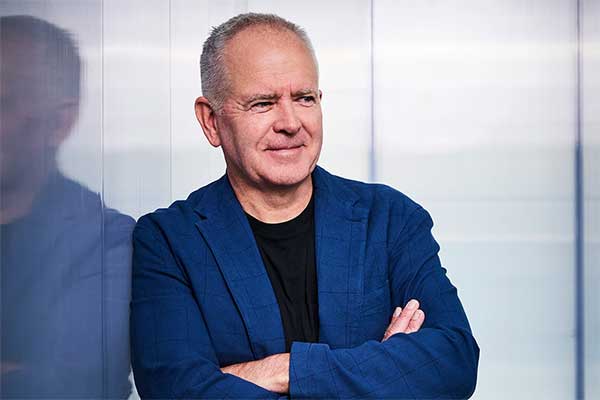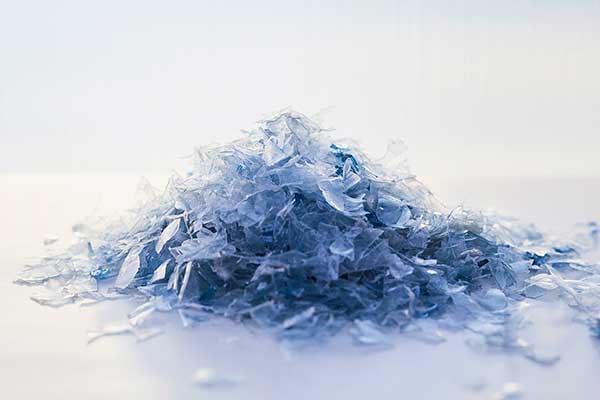Samsara Eco, an enviro-tech innovator, has secured USD $65 million in Series A+ funding to expand its global recycling capabilities and address the mounting problem of plastic waste. The funding round was led by global investment company Temasek and Australian deep tech investment fund Main Sequence, along with support from new and existing backers such as Wollemi Capital, lululemon, Hitachi Ventures, Titanium Ventures (formerly Telstra Ventures) and DCVC.
The new capital will enable Samsara Eco to enhance its enzymatic recycling technology, which utilizes plastic-eating enzymes to break down waste into monomers.
These monomers can be transformed into new products, creating a circular economy for plastics. The company plans to build commercial recycling facilities in Southeast Asia within the next few years.
These facilities aim to process millions of tonnes of plastic waste, such as discarded textiles and packaging, to produce tens of thousands of tonnes of reusable monomers.
In addition to building new facilities, Samsara Eco will also expand its team of chemists, engineers, and technicians. The company aims to grow its library of plastic-eating enzymes, furthering its capability to tackle diverse types of plastic waste.
“Plastics have been an environmental disaster with almost every piece of the 9 billion tonnes ever made still on the planet. But almost all plastic is reusable and recyclable with the right technology. We’re on a mission to end plastic waste and with it, repair our climate,” said Paul Riley, CEO and Founder of Samsara Eco. “The ability to infinitely recycle plastic in an environmentally friendly way is a game changer for brands and our planet.”
Since its inception in 2020, Samsara Eco has pioneered the infinite recycling of plastics, including challenging materials like nylon 6,6 and polyester. Earlier this year, the company, in partnership with lululemon, introduced the world’s first product made from enzymatically recycled polyester.
Samsara Eco’s patented technology, EosEco™, combines biophysics, chemistry, biology, and AI to create enzymes that break down plastic waste into raw materials. These materials can then be reintegrated into manufacturing processes to create new products, reducing waste and carbon emissions.
“We’re creating a first-of-its-kind infinite recycling process that is genuinely better for our planet. EosEco™ reduces the end-to-end recycling time, while also operating at a lower temperature and pressure to ultimately reduce waste and carbon emissions,” added Riley.
Phil Morle, Partner at Main Sequence, praised Samsara Eco’s efforts: “Samsara Eco demonstrates how science can deliver a real solution to huge problems — in this case, the accumulation of plastic waste and the continued need to produce new plastics from fossil fuels. Deep tech venture capital fuels this science with a rapid path to market, helping accelerate impactful change in the world.”
This latest funding builds on Samsara Eco’s previous AUD $56 million (USD $37 million) Series A in 2022, which has been instrumental in the company’s growth. Samsara Eco operates a proof-of-concept facility in Mitchell, ACT (Australia) and is currently constructing an innovation campus in Jerrabomberra, NSW (Australia). This new campus will provide facilities for global brands to partner, test, and create with Samsara Eco.





















